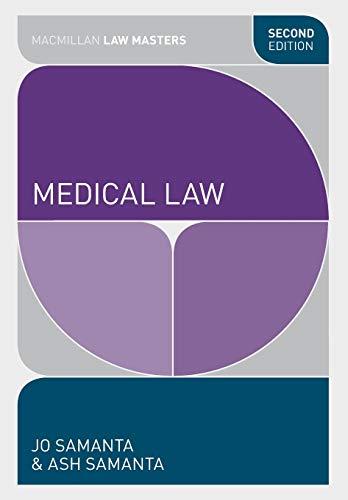Question
Please read the case and answer question below: Abby Rae Cole was the founder of Chip Factory, Inc., a computer parts distributor that was an
Please read the case and answer question below:
Abby Rae Cole was the founder of Chip Factory, Inc., a computer parts distributor that was an "approved vendor" to Best Buy. Chip Factory used Best Buy's automated online bidding system, which automatically determined the vendor based on price and product availability. Once a vendor was chosen, Best Buy would send that vendor a parts order. Chip Factory discovered that the bidding system had a "glitch"the vendor that was chosen to supply the parts was able to re-enter the bidding system and change the price. Thus, Chip Factory would bid for an order by submitting a very low price for the parts and, after it was awarded the order, would re-enter the system, change the price of the parts, and invoice Best Buy at that higher price. Best Buy comprised more than 90% of Chip Factory's sales during 2003-2007.
Cole worked at the office part-time. She purchased computer parts, took care of payroll, and reviewed financial reports. She also entered cost-of-goods-sold information into the accounting records, and she regularly increased these amounts, thereby making the inventory costs higher and correspondingly lowering the company's income, resulting in a lesser tax liability. She (and her husband, who also worked at the Chip Factory) paid for personal expenses using company funds and also deducted those costs as business expenses on their personal tax returns. These actions resulted in the theft of $33 million from Best Buy over a four-year period and an understatement of tax liability of over $3 million over a three-year period. In addition, Cole put money into an envelope addressed to a Best Buy employee on two occasions to help conceal the fraud; was present during conversations when the fraud was discussed; and instructed another employee to inflate accounting cost data.
She was convicted of conspiracy to commit mail and wire fraud (18 U.S.C. 1349), tax evasion (26 U.S.C. 7201), and conspiracy to commit tax fraud (18 U.S.C. 371). Cole appealed her conviction, arguing that the government had not proved she "knew of and intentionally joined the mail and wire fraud conspiracy." She also asserted that the government had not proved the elements of tax evasion or conspiracy to commit tax fraud. What are the elements needed to convict on these charges? How should the court rule? [United States v. Cole, 721 F.3d 1016 (8th Cir. 2013).]
Step by Step Solution
There are 3 Steps involved in it
Step: 1

Get Instant Access to Expert-Tailored Solutions
See step-by-step solutions with expert insights and AI powered tools for academic success
Step: 2

Step: 3

Ace Your Homework with AI
Get the answers you need in no time with our AI-driven, step-by-step assistance
Get Started


